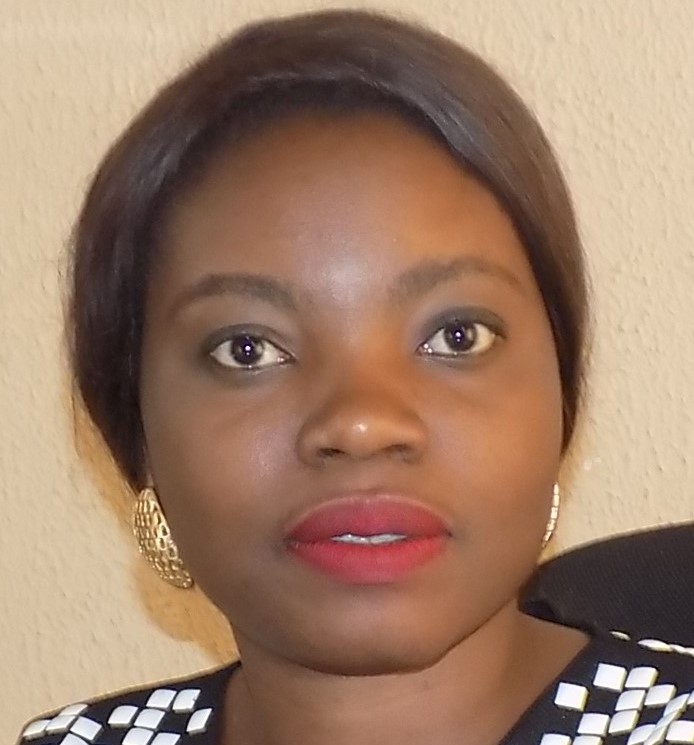By Ndidi Chukwu
The Nigeria’s 8th National Assembly has demonstrated commitment towards putting an end to the deplorable state of Health in Nigeria, to save mothers and children from preventable deaths, and guarantee access to equitable, affordable and efficient health services for all the citizens.
According to the United Nations Children’s Fund, (UNICEF), every single day, Nigeria loses about 2,300 children under-five and 145 women of child bearing age.
“This makes the country the second largest contributor to the under-five and maternal mortality rate in the world,” UNICEF said.

This scary situation has existed decades over decades and millions of lives have been lost to this unforgivable mistake of past Nigerian leaders.
“This is scary situation of grave concern to us as representatives of the people on whose mandate we sit in this hallowed chamber. We solemnly empathize with our vulnerable women and children, who from current trends, may well be seen as endangered species.
“Every passing day on radio and television, we listen and view the deep anxiety and compassion the pathetic plight and appeals for assistance to hapless and helpless Nigerians, who are debilitated by one life-threatening ailment or the other,” he said.
It is for this purpose that health is being given priority attention by NASS and below are promises to Nigerians concerning poor budget allocation to health, non-implementation of National Health Act, and the target of allocating at least 15% of the total Annual budget to health.
A statement read and signed by Senate Committee Chairman on Health, stated that the National Assembly will ensure the following happens:
1. That there shall be increased appropriation by the National Assembly to the health sector in 2017 in line with the African Union Abuja Declaration of 2001, which recommends a minimum of 15% of total annual budgets to be dedicated to health.
2. That the National Assembly will ensure that the provision of the National Health Act, 2014, which stipulates that 1% of the Consolidated Revenue Fund (CRF) be dedicated to the health sector, is adhered to in the 2017 budget.
3. That the National Assembly will improve its oversight of the health sector and expenditure spending and ensure judicious management of resources allocated to health, particularly given the decline in oil revenue.
4. That there should be greater political will to accelerate resource allocation to health and ensure that the sector is among the top five priority areas in the national budget.
5. That government must provide and enabling regulatory environment as well as a model for public private partnership to ensure the delivery of quality, safe and efficacious medical products and technologies.
6. That the National Assembly will initiate a legislation to make NHIS mandatory to all Nigerians, and ensure that Nigerians are able to access with ease at least primary health care facilities.
7. That the National Assembly will support government’s proposal to build 100,000 primary health care centers across the country in the 2017 budget.
8. That there should be increased funding for all professional and regulatory agencies and councils in the sector.
9. That greater coordination of health intervention efforts is essential to ensuring accountability and guarantees that health funding reaches the intended beneficiaries.
10. That Nigeria should encourage the harmonization of drug regulations across ECOWAS sub-region and subsequently the continent as a whole
11. That the National Assembly will ensure the domestication of the NEPAD and Africa’s Health policy AMRH and model law in Nigeria.




